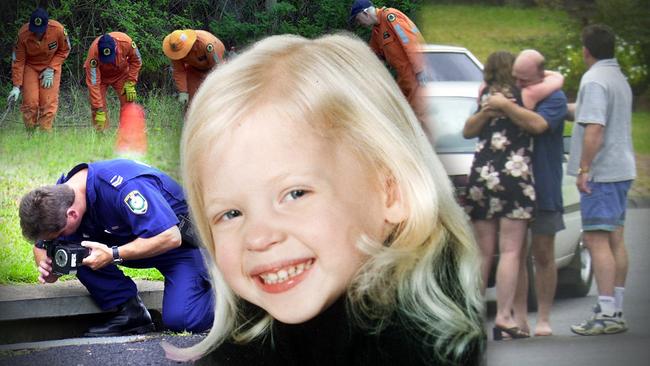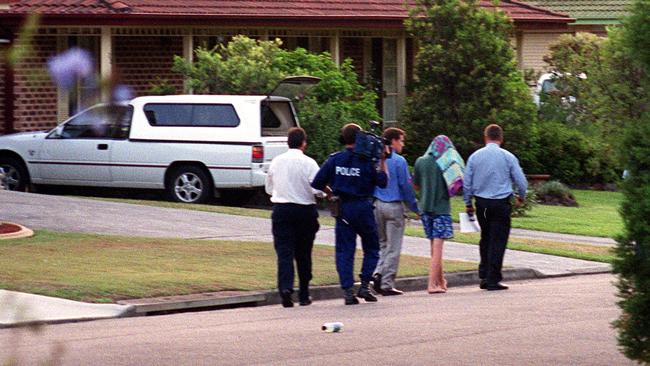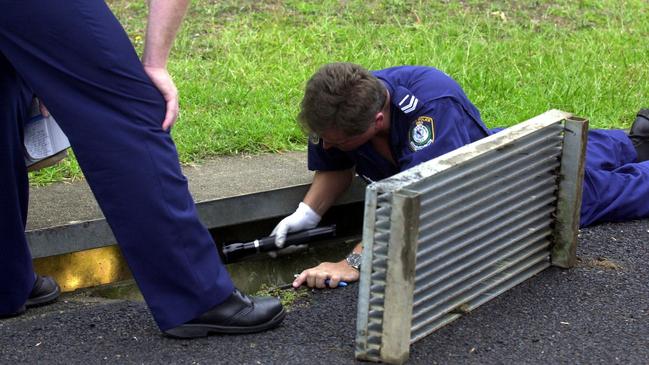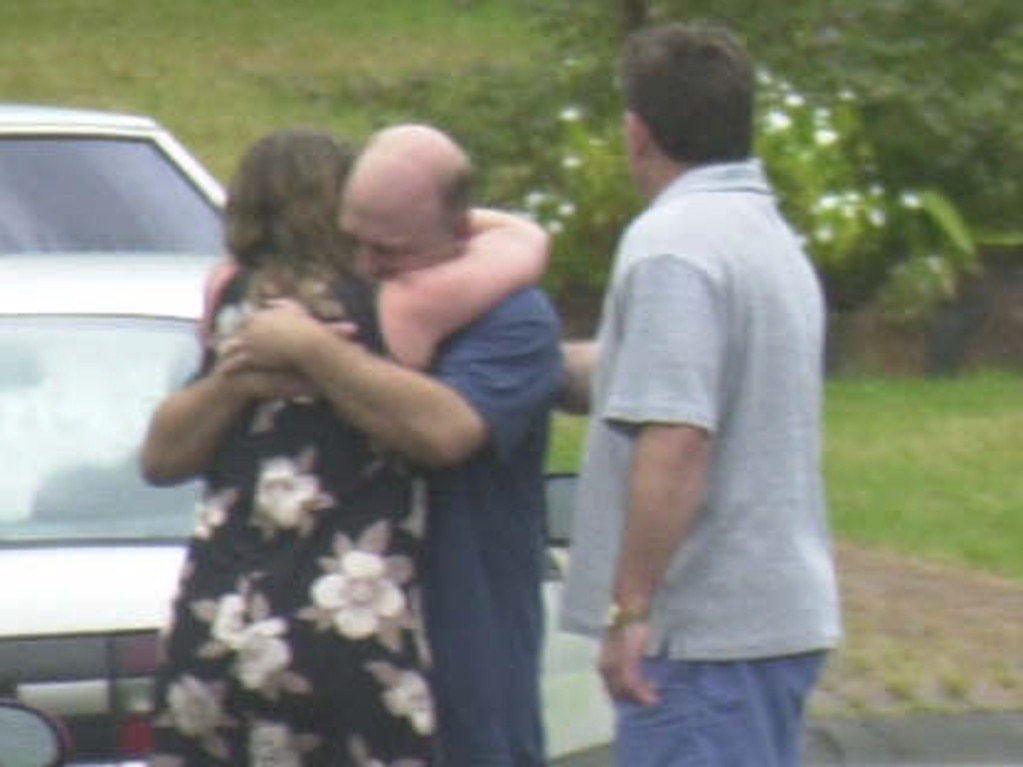Courtney Morley-Clarke’s killer will be freed from prison despite risk he still poses
It was a monstrous, motiveless crime for which the killer, now aged 36, has never shown the slightest remorse, even boasting to police that it would be easier to kill again. His release is cause for dread.

A psychopath who abducted and murdered a three-year-old girl when he was aged just 13 is eligible to be freed from prison under strict supervision despite ongoing evidence that he poses a serious risk of committing further violence and sexual attacks.
The prisoner, known by the pseudonym SLD, was the youngest person to be convicted of murder in Australia when he snatched sleeping toddler Courtney Morley-Clarke from her bed on a summer’s night in 2001 on the NSW central coast, stabbing her through the heart.
It was a monstrous, motiveless crime for which SLD has never shown the slightest remorse, readily pleading guilty and boasting to police that now he’d killed one person he expected it would be easier to kill again.
He was, by his own description, “a cold hearted killer”.
The unique nature of the crime caused considerable angst for the sentencing judge, Justice James Wood, who looked to the case of murdered British toddler James Bulger when he sentenced SLD to 20 years’ jail.
SLD, now 36, is still causing concern as authorities grapple with the question of what to do with him. His sentence has expired but he seems beyond rehabilitation. A problematic prisoner, he served the full two decades behind bars plus another two years ordered in 2021 when he was adjudged too dangerous to release. The court heard evidence that he fantasised about killing again and had threatened to rape female corrections officers.
‘Fixated on sex’
One psychiatrist observed that SLD was preoccupied with sex and fixated on losing his virginity immediately upon his release, leading to concerns for the safety of females around him. His psychological state, another expert concluded, “makes it more likely he would act without compunction should he feel the need”.
Now, a court, cautiously backed by a numerous experts and the state, has decided SLD can be freed but only under strict supervision that includes GPS monitoring and line-of-sight surveillance in a community offender support unit managed by Corrective Services on the grounds of Long Bay jail. However, there remains a sense of dread around the case of SLD, a shiver of unease that runs through the August court judgment.

SLD has been diagnosed with a severe personality disorder including anti-social and psychopathic features marked by an inflated sense of self-importance, entitlement and disregard for the feelings of others.
Managing him in the community would be “extremely challenging’’, Justice Stephen Campbell warned as he granted the five-year supervision order sought by the Crown.
If SLD removed his GPS monitor and absconded, said one expert, he was at high risk of committing a serious offence.
Justice Campbell, noted that SLD was “liable to offend in a circumstance where his will is denied” and “his offending may involve the use of a weapon”.
The judge was at pains to say that he was not asked to consider imposing another period of detention. Notwithstanding the challenges around the case, he said “it does seem apparent that there is nothing to be gained by keeping SLD in custody’’. Justice Campbell noted that the court needed to bear in mind “SLD’s general right to be at liberty following the expiration of the sentence lawfully passed upon him”. The experts said he could be safely managed in the community under stringent restrictions.
When SLD had served his 20 years, the state applied to the Supreme Court for a continuing detention order (CDO), a mechanism to detain prisoners who are at unacceptable risk of reoffending. In the face of unanimous psychiatric evidence of SLD’s continuing danger to the community, the order was granted and he remained in custody.

When he became due for release this year, the court-appointed expert evidence had slightly changed, tipping in favour of an extended supervision order over continuing detention.
A NSW Department of Communities and Justice spokesperson said an extended supervision order (ESO) may be made if the Supreme Court was satisfied to a high degree of probability that an offender posed an unacceptable risk of committing a serious violent, sex or terrorism offence if not kept under supervision.
When asked why the state didn’t seek another CDO, the spokesperson pointed to the judge’s observation that each of the court-appointed experts favoured the supervision order over continuing detention. As of January 1, 147 prisoners in NSW were subject to an ESO.
‘I will choose what conditions to follow’
The court heard that the experts believed further time in prison would have little rehabilitative value on SLD and that he could be managed in the community with extreme restrictions – but only if he co-operated, which he had already struggled to do.
In the first months of living in the supervised offender support unit under the new restrictions on an interim order, SLD had already run into trouble, allegedly visiting an area of the unit that was out of bounds, and breaching internet restrictions by accessing WhatsApp, YouTube and a link-up app call Tagged. The court heard he told the arresting office, “listen miss, I will choose what conditions to follow and what ones aren’t important”, going on to say he should be allowed to leave the unit without supervision.
“His intense preoccupation with sex continued and was a frequent source of frustration to him and a source of his disgruntlement with the conditions,” Justice Campbell said. “Regrettably, his compliance with the ISO has not been free of significant disruption. It has not been what is required of him. He has made clear that ‘he will not follow conditions that he does not feel are important’.’’
At the time of Justice Campbell’s judgment on August 18, SLD was back in remand, having told another court that he was not willing to return to the secure unit. Corrective Services has said it is willing to have him in the unit if he agrees to behave. “I am not aware whether SLD has agreed to this,’’ Justice Campbell said.


